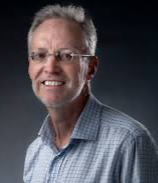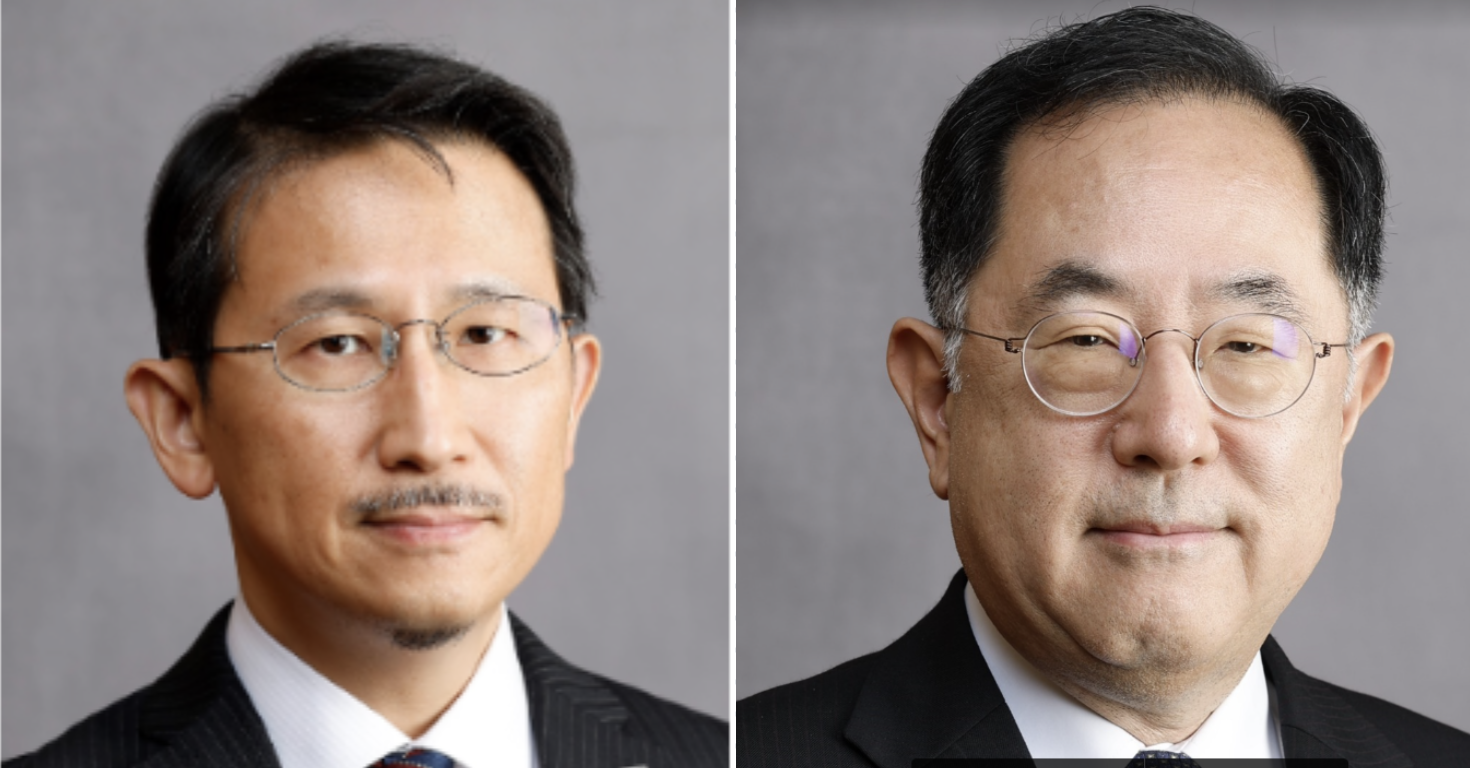Fukushima Daiichi Reflection
3119 Etcheverry Hall Berkeley, CAPhoto Credit to Sarah Stevenson Eleven years have passed since the accident at the Fukushima Daiichi Nuclear Power Station. The decommissioning of the Fukushima Daiichi Nuclear Power Plants has been progressing steadily. Professor Toru Obara's lecture will feature the current status of decommissioning. In addition, an introduction to the Nuclear Innovator Cultivation Program (NICP), an …




